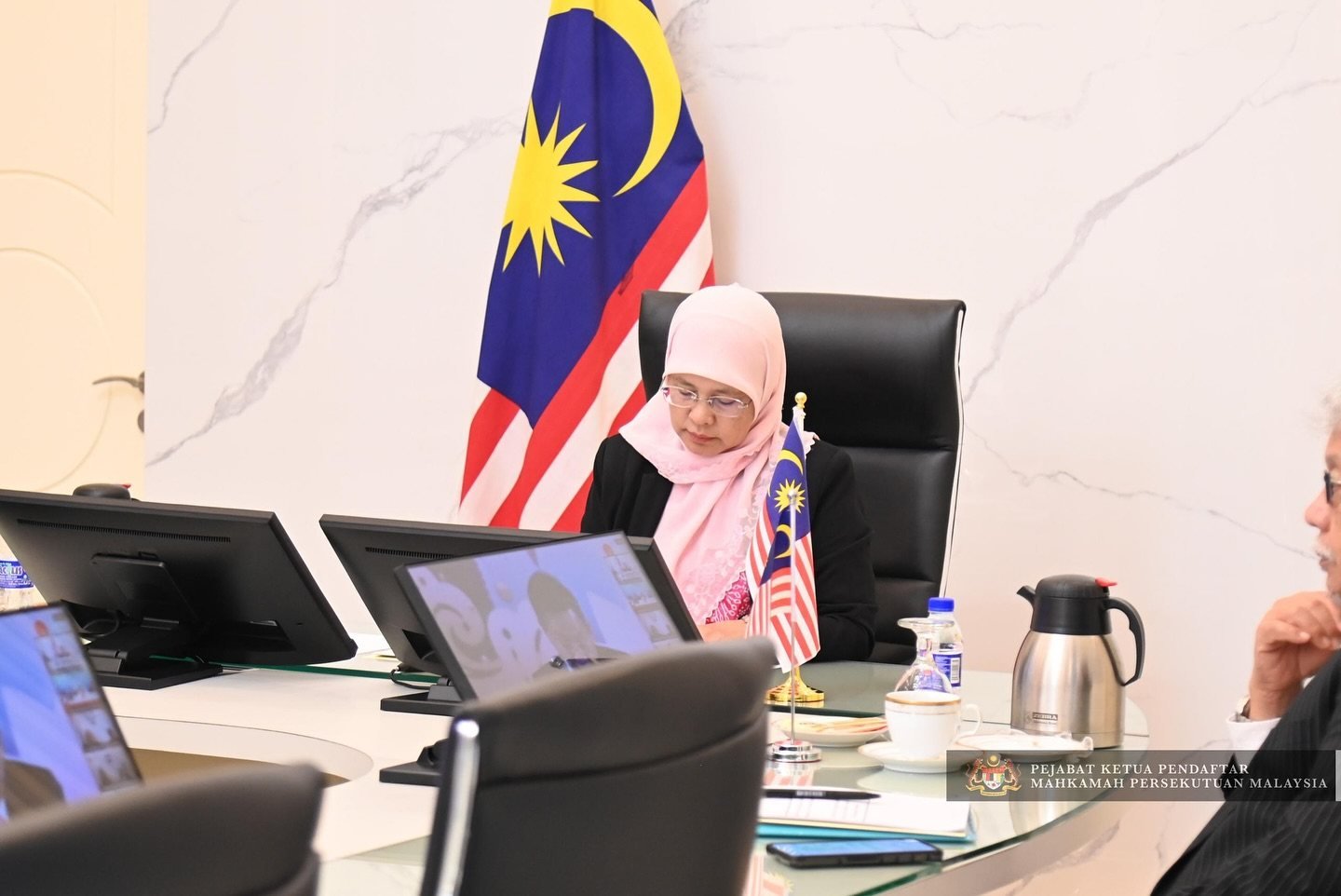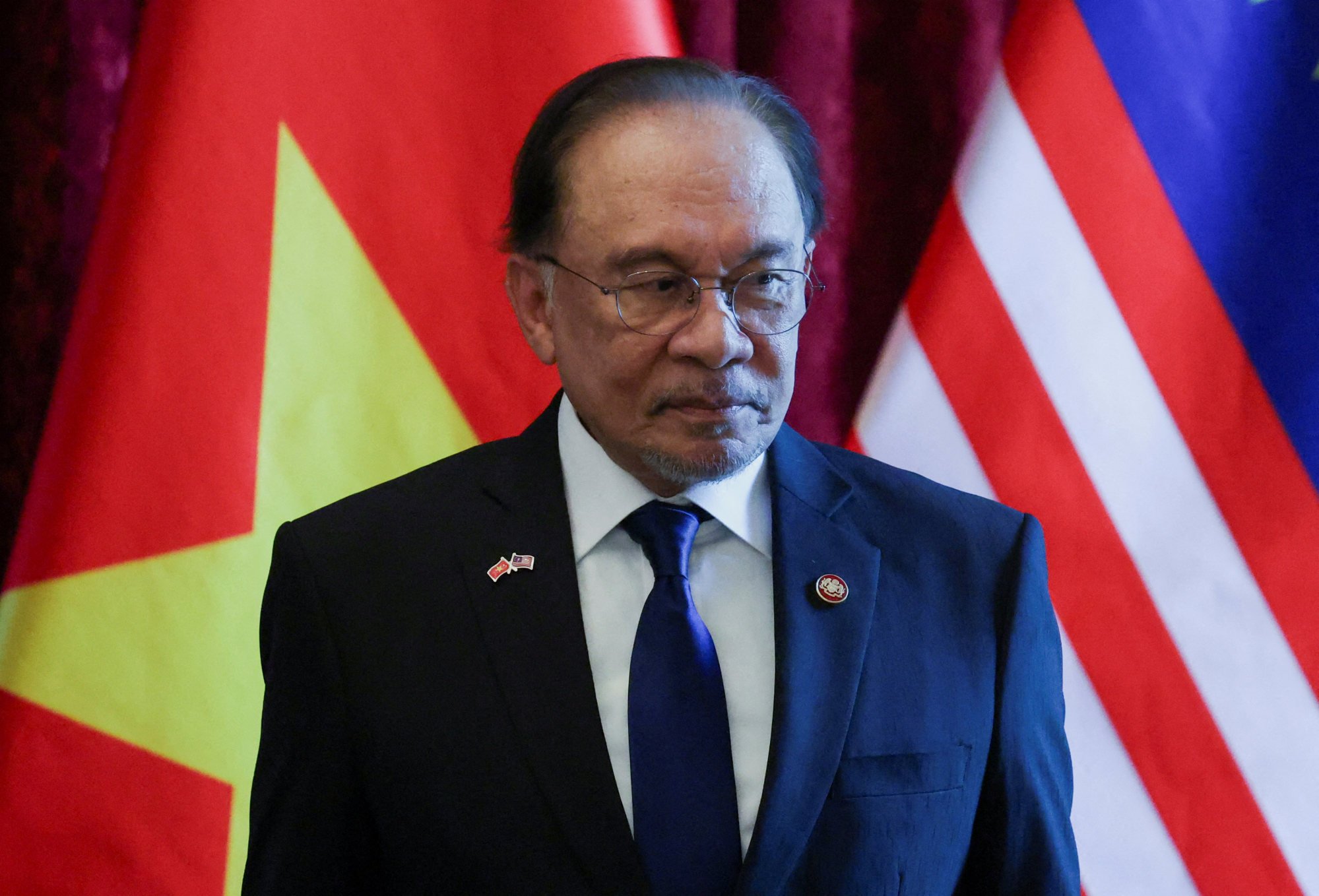Malaysia faces judicial void as chief justice set to retire without successor
Legal experts warn that the leadership vacuum could erode judicial independence and public trust

Malaysia’s judiciary faces a leadership vacuum as Chief Justice Tengku Maimun Tuan Mat prepares to step down on Wednesday without a successor named – a gap lawyers warn could undermine judicial independence and public trust.
Prime Minister Anwar Ibrahim’s administration has opted not to extend the tenure of Tengku Maimun or Abang Iskandar Abang Hashim, the president of the Court of Appeal, both of whom reach the mandatory retirement age of 66 this week. The constitution allows for a six-month extension, but none has been granted.
Five other senior judges are also set to retire by the end of the year, raising concerns that a judicial leadership void may disrupt the handling of high-profile cases and damage perceptions of institutional impartiality.
The Malaysian Bar on Monday described the situation as “indefensible”, with its president Ezri Abdul Wahab saying the uncertainty “reflects a failure of institutional responsibility”.
“A breakdown in governance risks damaging public confidence in the judiciary and opens the door to speculation and unhealthy conjecture,” Ezri said.
Tengku Maimun, who in 2019 became the first woman appointed chief justice, is widely respected for her role in upholding former prime minister Najib Razak’s corruption conviction in 2022. Her appointment came during the brief return to power of former premier Mahathir Mohamad, a long-time rival of Anwar.
As speculation swirls online over Anwar’s motives, some have questioned whether political calculations may have influenced the lack of extension – especially given the historical tensions between him and Mahathir.
The prime minister, however, defended his silence as non-interference in judicial affairs, criticising “certain groups” for politicising the matter and pressuring him to act, noting that extensions are not automatically granted.
“If one understands the constitution, then the process is clear. There’s a commission, there’s the prime minister, and there’s the king,” Anwar said on Monday. “The list of candidates is submitted to the king, and then brought to the Conference of Rulers for discussion. All these procedures must be followed.”
Under Malaysia’s constitution, the president of the Court of Appeal would typically become acting chief justice – but the mandatory retirements of both judges this week complicate matters. In this scenario, the next most senior Federal Court judge will assume acting duties until the Judicial Appointments Commission nominates candidates, the prime minister advises the king, and the Conference of Rulers is consulted – a process that can take weeks.
The Malaysian judiciary has been rebuilding its independence since the 1988 judicial crisis, when then prime minister Mahathir sacked the chief justice and suspended several top judges, effectively curbing the courts’ power as an equal branch of government.

Still, Anwar faces criticism from his own backbenchers, who argue that there is no compelling reason not to extend the judges’ tenure.
Former deputy law minister Ramkarpal Singh, who previously represented Anwar in court, said the constitutional provision for tenure extensions was intended for precisely such circumstances.
“This is not a case of extending one judge but three, two of whom are the top two judges in our judicial hierarchy, which makes it all the more important for the government to explain why their tenures are not being extended,” Ramkarpal said in a statement.
In addition to Tengku Maimun and Abang Iskandar, Federal Court judge Nallini Pathmanathan is due to retire by August without an extension. Four other judges set to step down this year have previously received tenure extensions, raising further questions about the government’s criteria for approving them.
The mixed approach has prompted concerns over inconsistency and favouritism, especially in light of other high-profile personnel decisions.
Former economy minister Rafizi Ramli pointed to what he called inconsistencies in the government’s handling of top appointments, noting that Anwar’s administration had extended the tenure of anti-corruption chief Azam Baki three times despite public outcry over his credibility. In contrast, popular deputy police chief Ayob Khan was passed over for the top job following the recent retirement of Inspector General of Police Razarudin Husain.
Rafizi warned that the growing “polemic” around judicial independence must be managed carefully to avoid further eroding public trust.